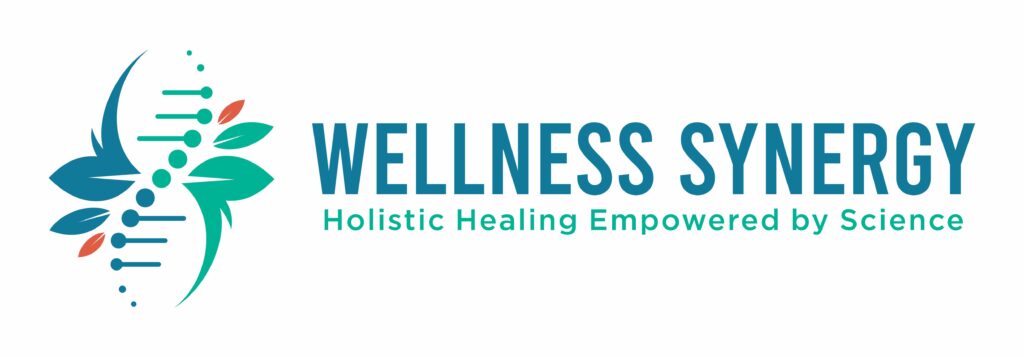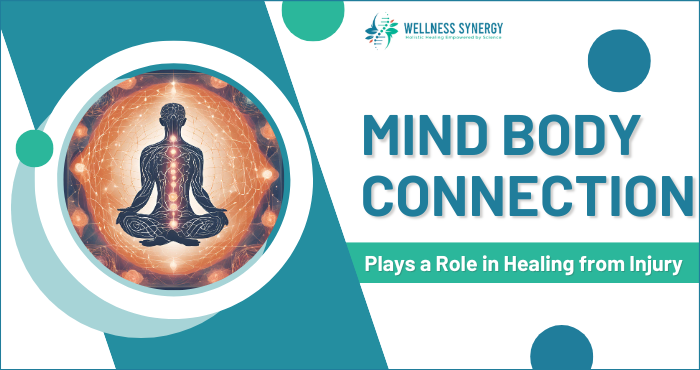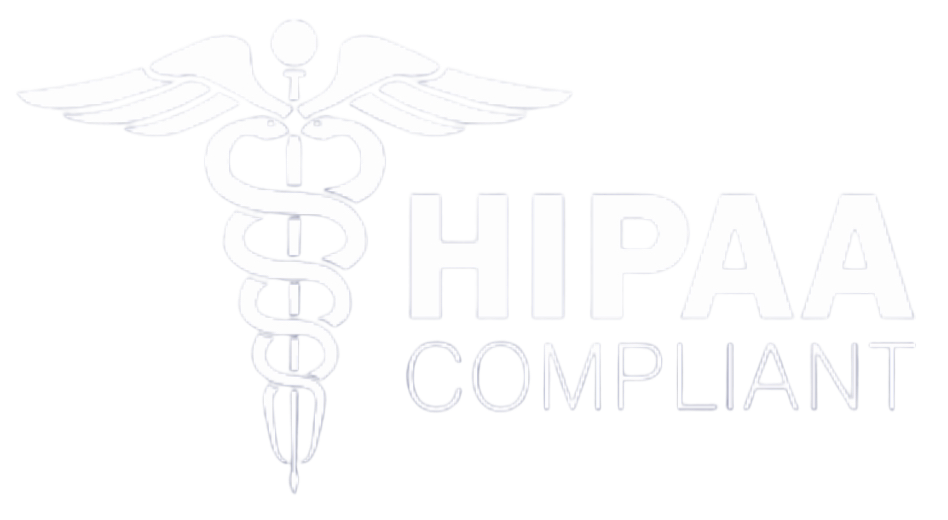How the Mind-Body Connection Plays a Role in Healing from Injury
When we think about healing from an injury, we often focus on physical treatments like rest, medication, or surgery. While these are important, there’s another powerful factor in the healing process that’s sometimes overlooked: the mind-body connection. Our thoughts, emotions, and mental state can significantly impact how quickly and effectively our body recovers from injuries. Understanding how the mind and body are linked can give us a new perspective on holistic health healing and offer valuable insights into improving recovery.
How Does the Mind-Body Connection Impact Healing?
When we get injured, our body goes through a complex healing process that involves physical recovery and emotional adjustment. Here are some ways the mind-body connection influences healing:
- Reducing Stress and Anxiety
After an injury, it’s normal to feel anxious, frustrated, or scared. If we don’t manage these feelings, stress can increase, making healing harder. Stress releases hormones like cortisol, which can weaken the immune system and slow recovery. Relaxation techniques like deep breathing, meditation, or yoga can help lower stress and help the body focus on healing. - Positive Thinking and Mental Health
Our mindset affects how quickly we recover. People with a positive attitude tend to heal faster than those who feel negative. Thinking positively can strengthen the immune system, reduce pain, and improve our mood. Techniques like imagining yourself healing or getting stronger (called visualization) can also help the body heal by sending healing signals to the injured area. - Pain Management
Pain is common with injuries, but how we feel pain is also affected by our mental state. Stress, anxiety, or negative emotions can make pain feel worse. Focusing on calming activities like mindfulness or guided imagery can reduce pain and help the body heal faster. - Improved Immune Function
The mind can affect the immune system, which is important for healing. Stress weakens the immune system, while calming activities like spending time outside or doing something you enjoy can make the immune system stronger. A stronger immune system means faster healing and fewer complications. - The Role of Support Systems
Having support from family, friends, or a therapist can make a big difference in recovery. Emotional support helps reduce feelings of loneliness or sadness and encourages a positive mindset. Studies show that people with strong support systems tend to heal faster and feel less pain. Talking with loved ones and sharing progress can improve both mental and physical health.
Mind-Body Techniques to Support Healing
Here are some simple practices to tap into the power of the mind-body connection and support your healing journey:
- Deep Breathing: Taking slow, deep breaths helps calm the nervous system and reduce stress. It can also increase oxygen levels, which are important for healing tissues.
- Visualization: Picture your body healing and imagine yourself getting stronger every day. This mental practice can stimulate the body’s natural healing processes.
- Mindfulness Meditation: Focusing on the present moment and gently letting go of negative thoughts can reduce anxiety and promote relaxation, helping you cope with pain and stress.
- Gratitude Journaling: Writing down things you’re grateful for each day can help shift your focus from the injury to the positive aspects of your life, improving emotional well-being.
Conclusion
The mind and body are deeply connected, and this connection can significantly impact how we heal from injury. When we focus on nurturing both our physical and mental health, we can create an environment in which healing is not only possible but also faster and more effective. By reducing stress, maintaining a positive attitude, managing pain, and engaging in supportive practices, we empower ourselves to recover fully and move forward stronger. So, next time you face an injury, remember that your mind can be just as important as your body in the healing process. At Wellness Synergy, we are dedicated to helping you achieve a balanced approach to healing, supporting both your mind and body every step of the way.
Frequently Asked Questions
Frequently Asked Questions
The mind-body connection refers to the relationship between mental and emotional states and physical health. When recovering from an injury, both the physical body and the mind play crucial roles in the healing process. Thoughts, emotions, and mental well-being can influence how quickly and effectively the body heals.
Stress can slow down the healing process by releasing hormones like cortisol, which weakens the immune system. This can make recovery take longer and increase the risk of complications. Managing stress through relaxation techniques like deep breathing, meditation, or yoga can help support faster healing.
Yes! People with a positive mindset tend to recover faster than those who have a negative outlook. Positive thinking can enhance immune function, reduce pain, and improve mood, which all contribute to quicker healing. Visualization techniques, such as imagining yourself healing, can also help stimulate recovery.
The way we experience pain is influenced by our mental and emotional state. Negative emotions like anxiety or stress can make pain feel more intense. Practicing calming techniques such as mindfulness, deep breathing, or guided imagery can help manage pain and reduce its intensity, supporting the body’s healing.
Yes, the mind can have a direct impact on the immune system. Stress can suppress immune function, while positive, calming activities like spending time outdoors or engaging in hobbies can strengthen it. A stronger immune system speeds up recovery and reduces the chance of complications.
Disclaimer:
Wellness Synergy, its products, and Dr. Ilka Tamar do not intend to cure, treat, heal, or prevent diseases or illnesses. These statements have not been evaluated by the Food and Drug Administration. The information on our social media and website is for informational purposes only and is not a substitute for medical advice or diagnosis from your physician or other healthcare professional. This information is meant for general wellness purposes and does not claim to diagnose, treat, or cure any illness or health condition. If you suspect you have a medical issue, please contact your physician or healthcare provider.


